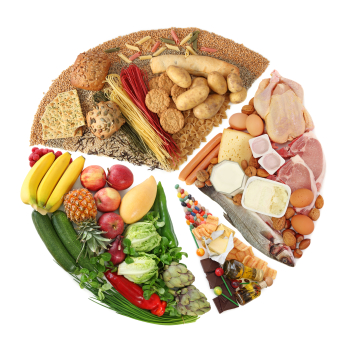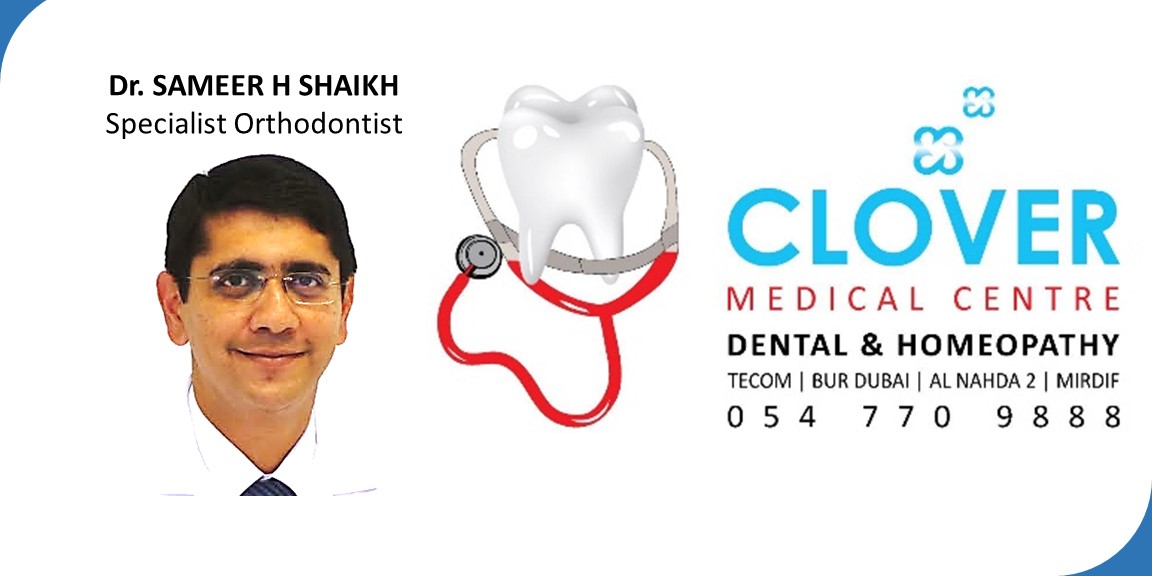Vitamins and minerals that improve oral health

Oral health
Best ways to add key nutrients to your diet?
There are six key vitamins and minerals that directly impact your oral health. Did you know?—these micronutrients are available to us through the foods we eat, along with fiber and biologically active phytochemicals naturally occurring in these foods.
Can you guess which foods would be high in these micronutrients? You’ve got it—mainly fruits and vegetables. So doing your best to include these foods in your diet on an ongoing basis will go far to promoting strong gums and healthy teeth.
But just in case you are missing these in your diet, many essential vitamins, minerals and herbal supplements are being added to foods like juices and fortified cereals, that we buy in the grocery stores. And in this way, we get additional micronutrients in case we miss out on a regular diet of healthy foods.
Foods you should include in your diet and why
Vitamin A is found in fish, egg yolks and organ meats, like liver but beta-carotene is also converted by our bodies into Vitamin A. Fresh produce that’s yellow and orange —carrots, sweet potatoes, mangoes—along with dark leafy greens like kale, spinach and collard greens contains large amounts of beta-carotene. We need vitamin A because it helps maintain healthy mucous membranes and salivary flow in our mouths. While keeping our gums healthy, it also ensures proper healing.
B vitamins, while found in beans, green vegetables and legumes are also in poultry and meat. So if you’re a vegetarian, you many require a B12 supplement to make sure you get enough B vitamin, which helps reduce tongue inflammation and canker sores from appearing in your mouth.
Vitamin C is found in citrus fruit and many vegetable sources—broccoli, kale and fruits like berries. Because Vitamin C is so important for repairing connective tissue and reducing gum inflammation, it is essential for preventing serious periodontal diseases like scurvy.
Vitamin D is found in cow’s milk and cod liver oil capsules—and some breakfast cereals or juices that are fortified with it. However, it is most effectively synthesized in the skin when we are outside in the sunshine. Without vitamin D, the body struggles to absorb the calcium it needs to keep teeth and bones strong because it regulates blood levels of calcium and phosphorus. It is recommended that we expose as much of our skin as possible to bright sunshine for 10 minutes at least three times per week to get the optimum levels of vitamin D.
Calcium is found in sardines, canned salmon, green leafy vegetables, cauliflower, cabbage, almonds, and fortified orange juice as well as soy or flax milk and dairy products. Calcium provides strength and structure to bones where it is stored. Getting enough calcium is important to prevent weak bone tissue around your teeth which makes them ‘wobbly’. Loose teeth can lead to misalignment and chips to teeth while eating and grinding food.
Coenzyme Q10 is found in meats like pork, beef, and chicken liver as well as some vegetable oils—canola or soybean. It is also found in parsley which is an ideal natural breath freshener. This coenzyme appears to help promote healing while reducing pain and decreasing the bleeding from gum disease. It has also been shown to reduce inflammation in the gums.
Remember, there is no substitute for a healthy diet. If you have any doubts, speak with your health professional or a registered dietician to find out whether you need any type of supplementation and mention these top six vitamins and minerals when mapping out what you need to include in your diet—vitamins A, B, C, D, calcium and coenzyme Q10.
